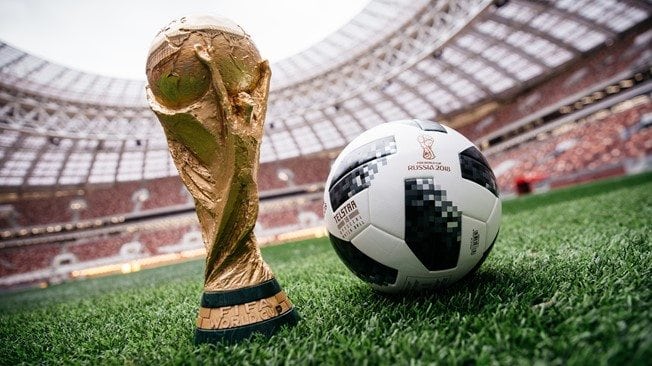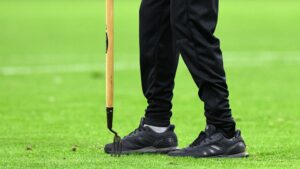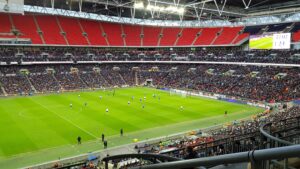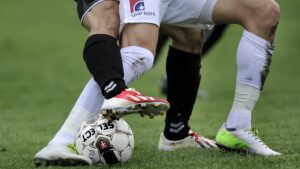The expectations for pitch managers and chief groundsmen to create perfect pitches for the World Cup tournament are sky high. Organizers, football players and billions of football enthusiasts all over the world expect nothing less than beautiful and hard-wearing match stadiums, and groundsmen will do their utmost to make it happen.
The climatic and geographical differences are considerable from the continental climate of Ekaterinburg in the Ural region to subtropical Sochi at the Black Sea. The skill and experience of the groundsman is crucial when the strategy for the pitch management is decided. The choice of grass is one of the important strategic element. How can the turf grass industry help in getting the job done?
Football in its natural environment
Football players – men and women – prefer to play on natural grass. The beautiful game unlocks its fullest potential when played in its natural environment – the natural grass pitch. Most sports venues are constructed to seat thousands of football fans, with high built-up arenas, restricting access to sunlight and fresh air – important growth elements for grasses. This creates major challenges with regard to differences in temperature and shade affecting the choice and composition of turf grass varieties and mixtures.
Thanks to rigorous and ongoing breeding, research and development programmes, together with advances in turf management techniques, today’s natural turf solutions improve year after year, providing outstanding wear- and shade-tolerance, excellent tensile strength, faster establishment and many more desirable characteristics besides.
The strong-rooting characteristics of top-quality grass varieties can be enhanced by injecting artificial fibers into the pitch base. These provide a very strong and stable surface, less prone to divots. As a result, the players will play on a natural grass surface and the pitch will be more resistant to unfavorable weather conditions. This technique is commonly used at the Russian match stadiums.
4turf® – innovative grass for low-temperature establishment
At all stadiums, the final appearance will be determined by the overseeding procedure. That’s what creates a high-density grass sward with erect and inviting green grass blades.
All Russian stadiums will be overseeded with perennial ryegrass. Most will choose mixtures containing traditional diploid perennials and new 4turf® varieties only available from DLF. Our enhanced product perennials germinate faster than traditional varieties and are developed especially for rapid installation and unique stress tolerance. They’re especially suitable for the Russian climate because they exhibit fast and strong establishment at soil temperatures as low as 3°C.









